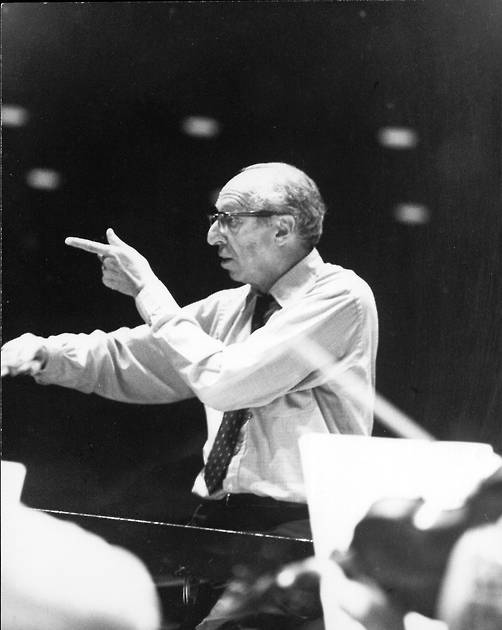rAC
Active Member
I recently downloaded from VSL's website the available MIDI file for the above work and set about trying to recreate it with Synchron Brass, Prime and the Free Big Bang Orchestra. As per usual I posted my recreation on SoundCloud. Noting that the work was by Aaron Copeland (exactly what I have done some other recreations I have made). Within an hour I received a message from SoundCloud saying that Summit Brass (which google reveals to be an USA brass band) were making a copyright claim against my arrangement and therefor SoundCloud have taken it down. Do I take this as a tribute to how well VSL have sampled the instruments I used and my use of them?
Noting that Mr Copeland has not been dead for the requisite period to mean that his works are in the public domain, I perhaps foolishly believed that a MIDI file of it would not be any cause for a problem particularly as: I attributed the work to Aaron Copeland; the arrangement was mine; and, there was no issue of monetary gain involved.
Has anyone else suffered this?
Noting that Mr Copeland has not been dead for the requisite period to mean that his works are in the public domain, I perhaps foolishly believed that a MIDI file of it would not be any cause for a problem particularly as: I attributed the work to Aaron Copeland; the arrangement was mine; and, there was no issue of monetary gain involved.
Has anyone else suffered this?





